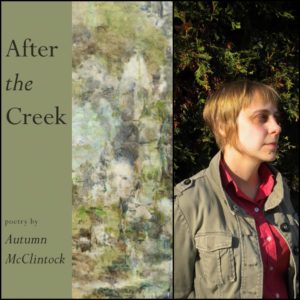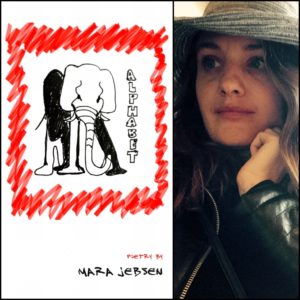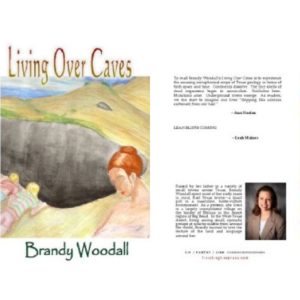Description
Culling the Petals
by Judith Kleck
$14, paper
SILENCE
“Silence is more eloquent than words. Speech is of time, silence is of eternity.”
–Thomas Carlyle
Before the eloquence of silence
comes the tongue’s bumbling slur.
I learn quickly to avoid the ells.
Por favor (in English) becomes peas.
(And in this disease,
the transition to vegetable matter
is slow but certain, as sure as the seed
becomes vine and bears fruit
that splits into seed. And so on.)
Shortly after the ells, the tees depart,
bees no longer buzz, cees cease.
The inconstant consonants recede.
But the inviolate vowels bloom
and I ahh, ew and ohh
my way through the day
as if newly blessed by what
I see, surprised at what I say.
Never mind that the voice I hear
before I speak is the same voice
I’ve known for years. Never mind
that the woman at the coffee shop
asks for my order twice. Never mind
that the man at the table nearby glances up
wondering if I am drunk or merely
stupid, then looks away ashamed.
His shame is of the moment
and for a moment we share it, silently.
But silence is of eternity and this world
is meant for speech. So, bumble tongue
and lips lisp your way through ineloquent
nonsense; desire, babble your syllables–
until you are the spectacle of sound,
until the vowels close around you
like a shroud, muffled and worn
but warm, warm as the first word
your mother’s face above you spelled.
THE RED-WINGED BLACKBIRDS ARE BACK
you say, but your voice is flat and grey
as the ice on the pond and suddenly that scene out the window–
the white bark of the birch, the black bird,
the mat of pond ice– is flat too, shallow as a photo
we’ve stepped unwillingly into.
For twenty two springs we’ve stood at this window
and watched those birds return to patrol the feeders,
winter relieved by their throaty trills, the promise of tulips
and berries carried on their wings.
Now, love, there is no promise. Still, we are here.
Watching and listening as spring moves in. Just yesterday
two mourning doves bobbed in parody around the tree—
let’s leave that one be. We have come this far. It must do.
It must be enough now to thrill, even in sadness,
to the blackbird’s song.
Let’s step across this dark window’s sill,
the one you gave me long ago in a poem. Listen.
I will be back next spring–noisy, bossy, brassy.
Look for me. I will be the one dressed in black
still wearing my heart, yours, on my sleeve.
Walking on Stilts
My son must learn
to walk on stilts,
to morph his six feet
into nine, to become
an imposing presence,
the ghost of Christmas
Present, cloaked in flowing
green robes, red-bearded
and brazen. On stage,
each step is carefully
crafted, marked,
practiced to avoid
the first performance
fall. He is learning
the body’s tipping point,
its fulcrum,
its old fear of falling.
I, too, am learning
this trick of consciousness.
Every day I wake
and test my legs,
having lowered my
expectations
against a heightened
sense of gravity:
“If I can walk
to the kitchen and drink
a cup of coffee then today
it is a good day.”
This disease of diminishing–
without returns—means
each day I must take stock
of the body,
determine what’s going,
recall what’s already gone.
So every step becomes
both miracle and manacle.
“You will know when”
my doctor says
meaning I will know
the beginning of each new end.
Disintegration
will follow its own
winding path—tongue
to lips, lips to cheek,
a ironic Easter twitch in the nose.
Teaching my son
to walk– we measured
the steps to insure success,
and arms outstretched
I caught him as he fell.
That was reward
for the distance covered.
And now I think
it only fair to give myself
the same care, to be there
fully when I fall, arms
outstretched, to catch myself
and make my peace
with this grave
and unjust ground.






Reviews
There are no reviews yet.